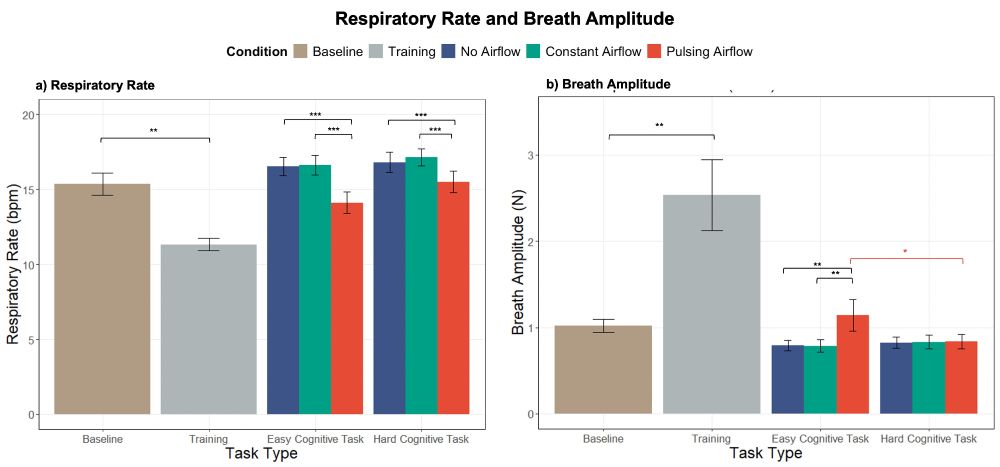PhD student at Cornell Tech. Studying wearable health interventions and ultrasound biosensing with HCI, ML & Neuro. Previously Georgia Tech & Microsoft Research. (they/them)




dl.acm.org/doi/abs/10.1...
Or the public PDF on my website:
tangemicioglu.com/files/papers...

dl.acm.org/doi/abs/10.1...
Or the public PDF on my website:
tangemicioglu.com/files/papers...





